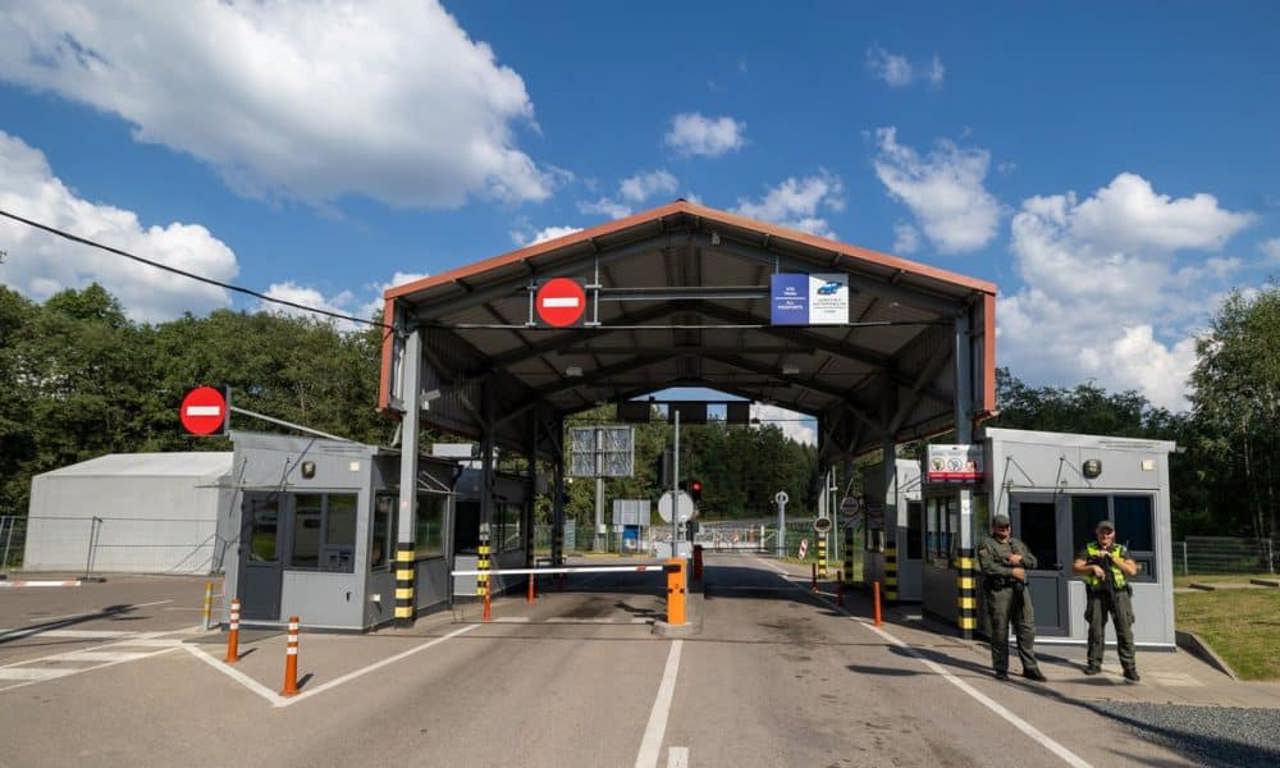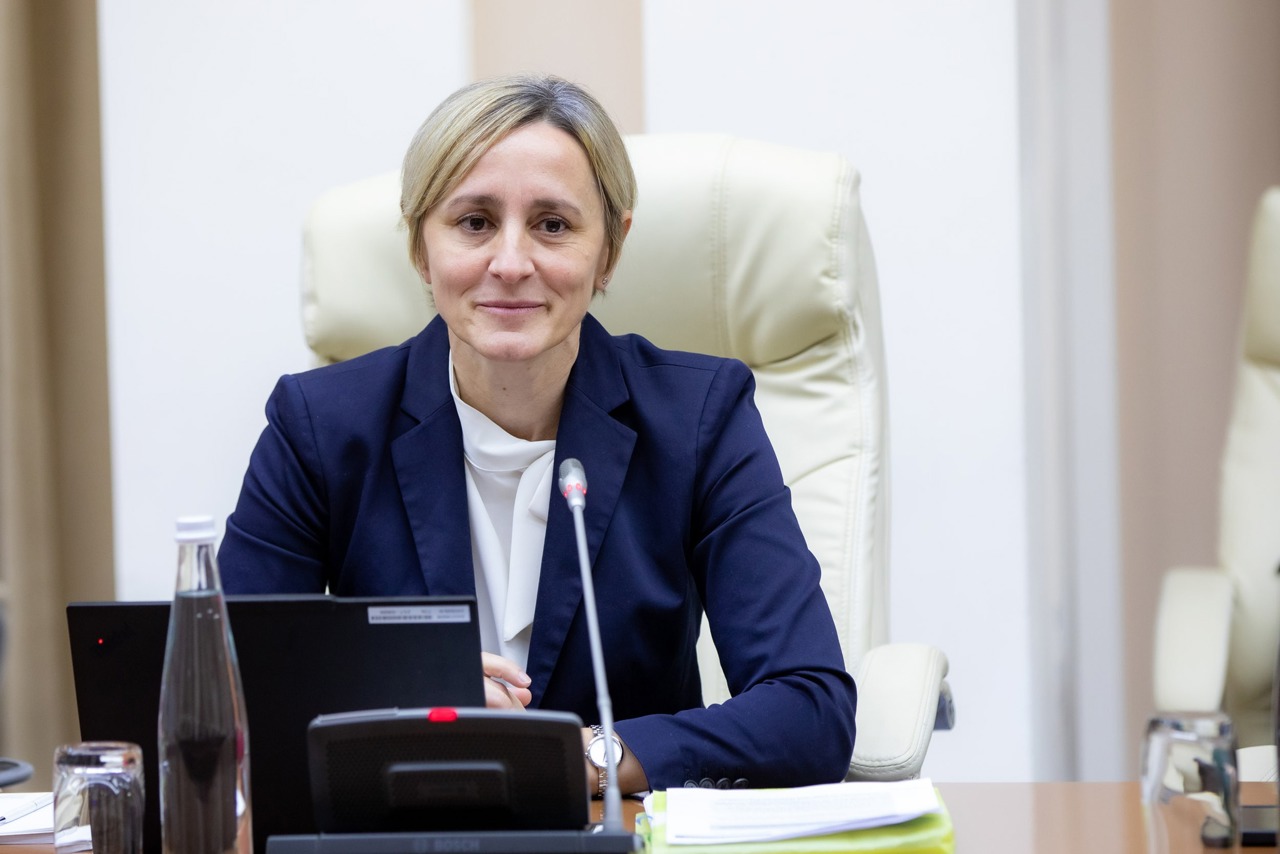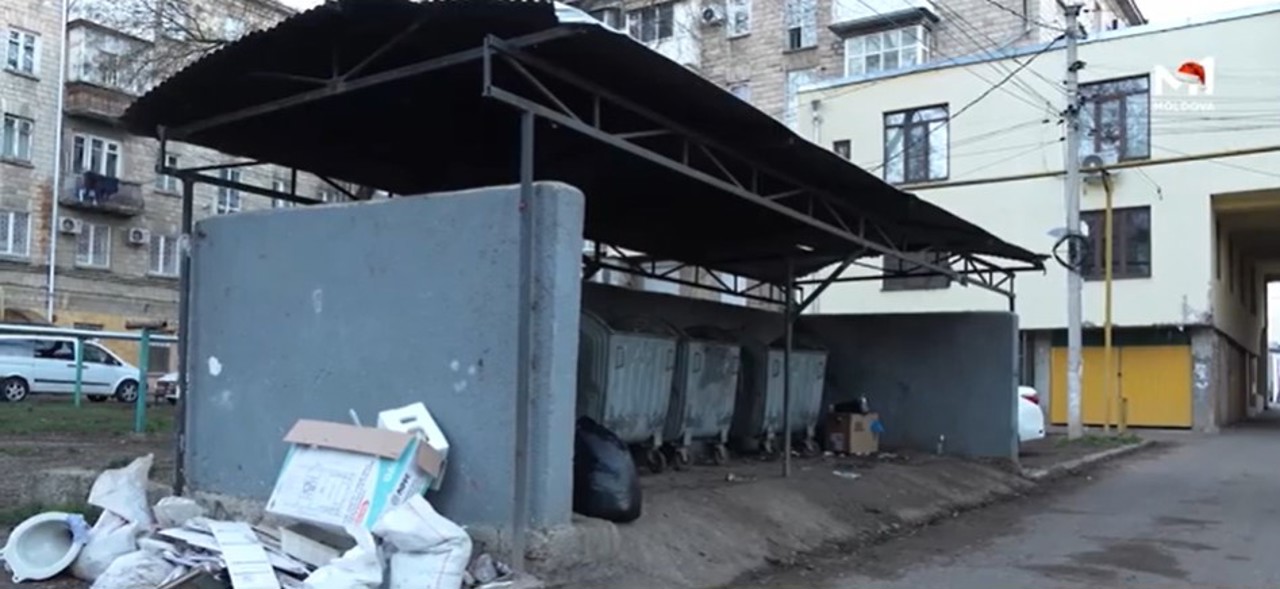EU sanctions against Russia: Baltic States close borders to Russian vehicles
Estonia, Latvia, and Lithuania have closed their borders to vehicles registered in Russia, according to a statement from the Estonian government, DPA reports, quoted by Agerpres.

In accordance with guidelines from the European Commission, no one is allowed to cross the border into Estonia with a car with Russian licence plates starting at 10:00 a.m. local time on Wednesday, according to the Ministry of Internal Affairs in Tallinn.
Estonia, Latvia, and Lithuania are all implementing the same rules amid heightened precautions following Russia's full-scale invasion of Ukraine in February 2022.
Cars with Russian licence plates must return to the external borders of the three countries, all of which are members of the European Union and NATO. Otherwise, the vehicles could be confiscated.
Exceptions are made, for example, for transit traffic between Russia and its Kaliningrad exclave and for cars used by diplomatic and consular missions.
Vehicles with Russian licence plates can leave the Baltic states by crossing the EU's external border, provided they are used solely as a means of transportation.
The move by the Baltic countries comes after a clarification from the Commission on September 8 regarding the implementation of the EU's sanctions against Russia.
The Commission specified that vehicles registered in Russia can no longer enter EU territory for either private or commercial purposes.
"We cannot allow citizens of an aggressor state to enjoy the benefits of freedom and democracy while Russia continues its genocide in Ukraine," Estonian Foreign Minister Margus Tsahkna said.
He said the mandatory entry ban was the right thing to do and that restrictions have a greater impact when they are implemented together.
The Baltic states and Poland have already stopped allowing many people to enter from Russia nearly a year ago, in response to the war.
Translation by Iurie Tataru





